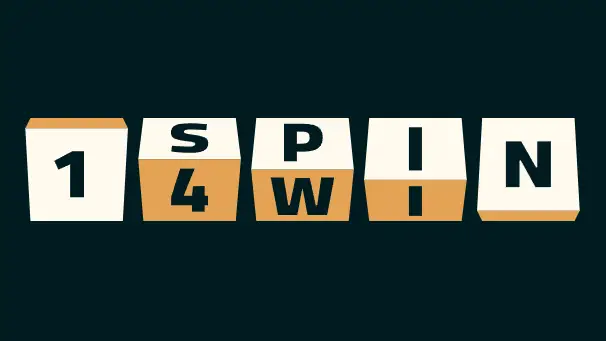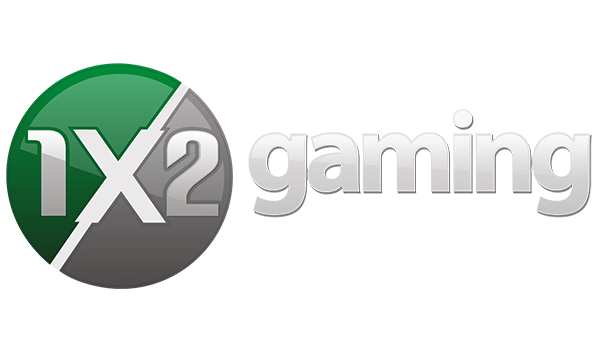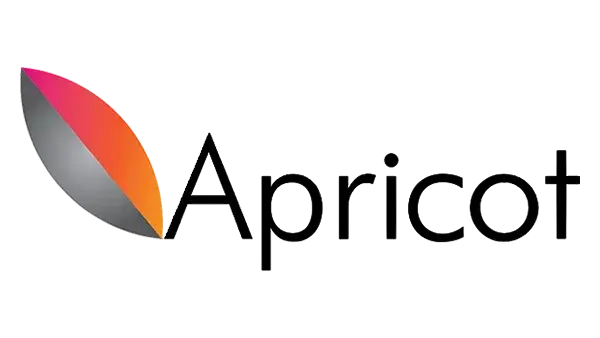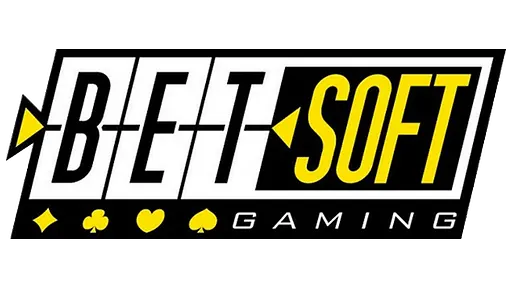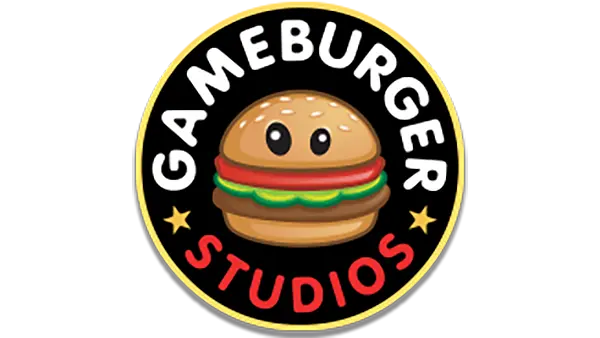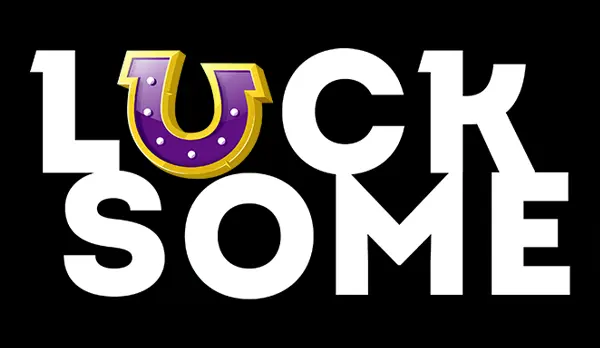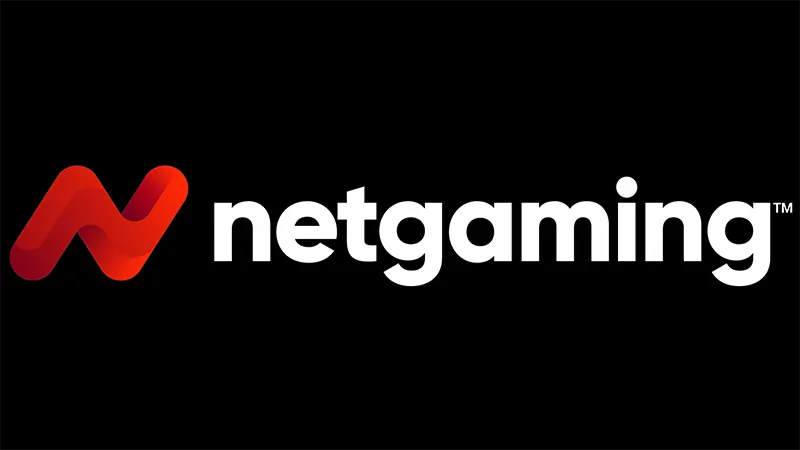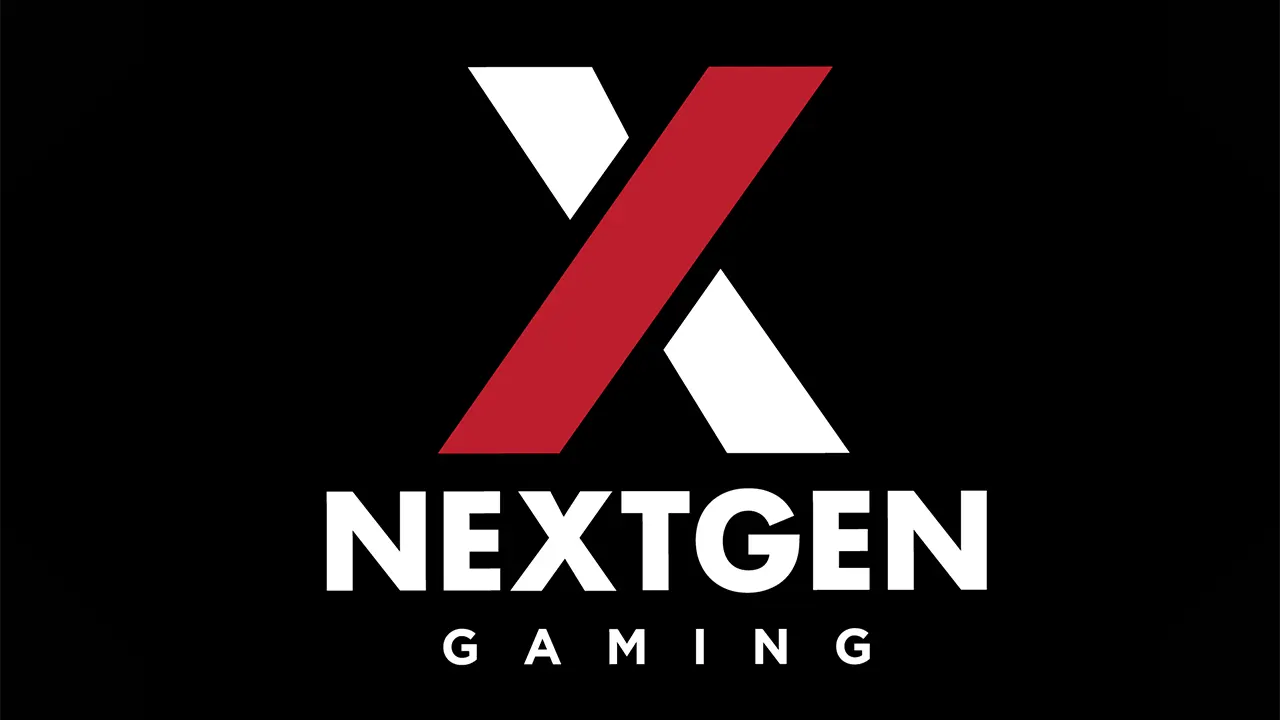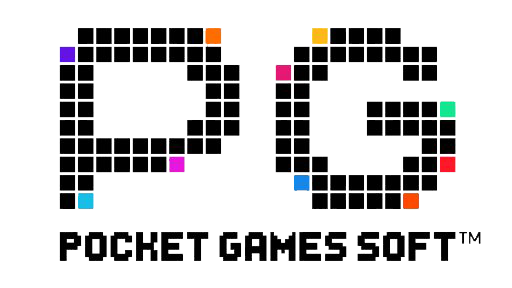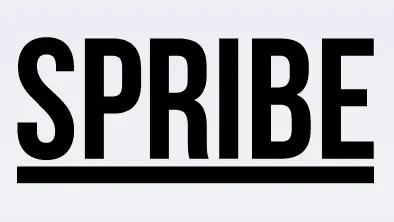Online casino game providers are the studios behind every slot, table game and live show you see on a casino site. On this page we’ve collected the most important iGaming developers in one place, from long-running giants to small creative teams. Use the Top 5 section to get a quick feel for the biggest names, or scroll through the full list if you want to explore every provider we cover here on playfortuneforfun.com.
Who Are Online Casino Game Providers?
When you open a casino lobby you see logos, categories and colourful tiles – but behind every slot, blackjack hand or live roulette wheel there’s a studio that actually built the game. Those studios are usually called online casino game providers or casino software providers.
They design the maths that decides how often a game pays, draw the symbols and characters, write the code, and plug everything into a platform so casinos can offer the games on desktop and mobile. Some companies specialise in video slots, others in live dealer games, and a few do a bit of everything – table games, crash titles, instant wins and more. Industry directories now list hundreds of active gambling software providers, from household names to tiny indie teams.
For players that matters, because each studio has its own style. Once you know you like a particular provider, it becomes much easier to find more games that feel “right” for you.
What Do Casino Software Providers Actually Do?
A good provider is much more than a logo in the corner of the screen. Here’s what happens on their side before a game ever reaches an online casino.
1. Maths and game design
Every slot or table game starts with a maths model: RTP, volatility, hit rate, bonus frequency, possible max win. Top studios build and simulate these models so the game feels exciting in the short term while staying fair in the long run. Guides for operators point out that game quality and maths are the core things they look at when choosing software partners.
2. Mechanics and features
Megaways, hold-and-win, cascading wins, cluster pays, multi-level bonus rounds – all of these came from providers experimenting with new mechanics. Once a feature proves popular, other studios license or imitate it, which is why you now see Megaways-style games from dozens of developers.
3. Graphics, sound and UX
Themes, animations, soundtracks and the layout of the buttons all sit in the provider’s hands. Some go for clean, minimal interfaces; others pack the screen with effects and mini-features. Player-facing reviews consistently mention visuals and “feel” of the games as key reasons for preferring certain providers.
4. RNG, testing and certifications
Serious studios implement certified random number generators and send their games to independent labs for testing. That’s what keeps outcomes unpredictable and protects players against rigging at operator level. Many “best software providers” lists are built around trust, fairness and reputation as much as around graphics.
5. Platform and integration
Big providers don’t just ship games – they also run platforms and aggregators that connect hundreds of studios to hundreds of casinos through one API. That’s how a new casino can launch with thousands of titles from day one.
So when a casino feels smooth, stable and packed with content, there’s usually a well-organised provider stack running under the hood.
Types of iGaming Providers You’ll Meet
Not every provider plays the same role in the ecosystem. You can roughly sort them into a few groups:
Slot-first studios. These focus mainly on video slots – sometimes three-reel classics, sometimes big cinematic productions with storylines and complex bonus rounds. Examples that show up again and again in 2025 rankings include Pragmatic Play, Play’n GO, PG Soft, Hacksaw Gaming, Nolimit City and others.
Live casino specialists. Companies like Evolution build and run real studios with dealers, cameras and streaming tech. Their job is to make online blackjack or roulette feel as close as possible to a real table – plus modern “game show” formats with wheels, multipliers and side bets.
Full-stack platform providers. Some brands supply both content and backend: slots, table games, maybe live titles, plus the casino platform, reporting tools and bonus engines. Operator-focused guides often highlight this group when talking about “casino software providers” because they solve several problems at once.
Niche and experimental studios. The long tail contains crash-game creators, studios that focus on high-volatility “extreme” slots, mobile-only developers and teams with strong local themes. Directories like SlotsLaunch and CasinoLogia underline just how many of these smaller names exist today.
You don’t have to memorise them all, but knowing the basic groups helps you understand why certain games look and feel very different even when they sit in the same casino lobby.
Why Gambling Providers Matter for Players
From a player’s point of view it’s tempting to think in terms of casinos only: pick a site, grab a bonus, start spinning. But looking at who builds the games gives you a few advantages.
-
Predictable style. Once you discover that you like, for example, Play’n GO’s balanced adventure slots or Hacksaw’s brutal, high-risk games, you can filter by that provider instead of guessing based on thumbnails.
-
Fairness and transparency. Major studios publish RTP ranges and work with recognised testing labs. That doesn’t remove the swings, but it does give you some confidence that the underlying maths is solid.
-
Innovation and replay value. Providers compete on creativity. New mechanics, unusual reel layouts and smart bonus ideas make sessions feel fresh instead of “just another spin”.
-
Mobile performance. Some older games still feel clunky on phones; newer studios tend to be mobile-first. If you mainly play on your phone, picking studios that care about small screens makes a huge difference.
If you want to see how this plays out at real brands, you can always jump from this hub to our main list of online casinos and compare which studios each site leans on.
Big-Name iGaming Providers You’ll See Everywhere
Below is a quick, player-focused overview of some studios that appear in most “top casino software providers” lists for 2025.
I’m keeping things short and practical – what they’re known for, what type of player might enjoy them.

Pragmatic Play releases an enormous number of games every year and is near the top of the industry for new titles, especially in slots. Think high-energy gameplay, bold graphics and a lot of extras: Drops & Wins network promotions, bonus buy options and volatile free-spin rounds. The “Gates of…” and “Big Bass” families are everywhere for a reason – they hit hard and often, which suits players who like action.
Play’n GO

Play’n GO built its reputation on character-driven slots with clear storytelling – Book of Dead, Reactoonz, Moon Princess, Rise of Olympus and many more. They tend to balance maths so that the games can be played for longer sessions without feeling totally dead. If you enjoy having a clear theme and soundtrack rather than constant pure chaos, this studio is a good starting point.
NetEnt

NetEnt is one of the classic names in online slots. Even older titles like Starburst or Gonzo’s Quest still appear high in popularity charts more than a decade after launch. Expect polished visuals, straightforward mechanics and plenty of medium-volatility games that are easy to pick up if you’re fairly new.
Microgaming

Microgaming has been around since the early days of online gambling and is strongly associated with huge progressive jackpots such as the Mega Moolah series. The network of partner studios building under the Microgaming/Quickfire umbrella means you’ll often see their name tied to a giant, mixed portfolio of slots and table games.
Evolution
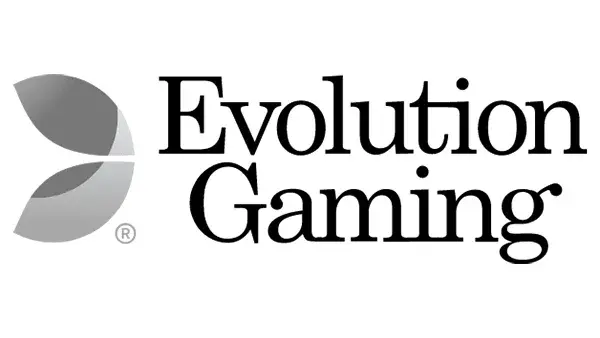
Evolution is the benchmark for live casino content. Its portfolio covers classic live blackjack and roulette, but also game-show style titles like Crazy Time and Monopoly Live, which mix wheels, multipliers and side bets into something closer to a TV show than a traditional table. If you enjoy a more social, host-driven experience, you’ll spend a lot of time with Evolution’s games.
Big Time Gaming

Big Time Gaming is the studio that made Megaways famous. Even though many other companies now license the mechanic, BTG’s own games – Bonanza, Extra Chilli and their newer experiments – still stand out as some of the most volatile, feature-rich slots around.
Relax Gaming, Hacksaw Gaming, Nolimit City, Yggdrasil and friends
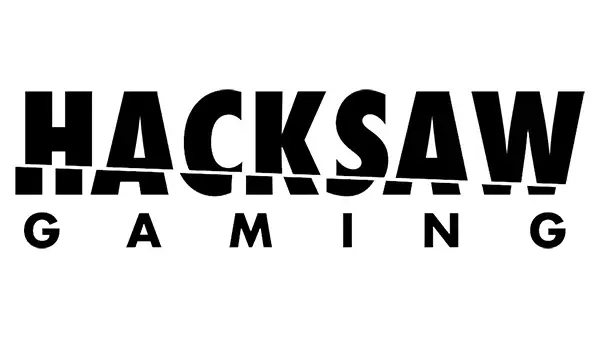
This group is harder to compress, but they all show up frequently in recent rankings of “innovative” or “high-impact” studios.
-
Relax Gaming mixes solid maths with strong series like Money Train and Temple Tumble.
-
Hacksaw and Nolimit City are known for sharp, sometimes brutal game designs aimed at experienced players who enjoy real risk.
-
Yggdrasil often leans into unique themes and custom mechanics.
These providers are perfect when you’re bored of the same old three-by-five grid and want something that feels more modern.
How We Look at Providers on PlayFortuneForFun
When we highlight providers on this page, we’re not just repeating marketing slogans. We look at several practical things that match what operator-side experts mention when they rank software vendors.
-
Depth and variety of the portfolio
Does the studio offer a good mix of simple games and more complex titles? Are there live games or just RNG? Is everything a reskin, or do they take risks? -
Innovation and mechanics
We like to see providers experiment – new bonus formats, fresh reel structures, interesting math profiles – not just endless clones of the same “book slot”. -
Fairness, transparency and reputation
Certified RNGs, clear RTP information, consistent behaviour across casinos and a clean track record matter a lot. -
Mobile performance
Load times, clarity of the interface, and how well the game reacts to swipes and taps on smaller screens all influence how enjoyable a session feels. -
Player feedback and operator adoption
If we see the same casino providers being added to more and more casinos, appearing in tournament line-ups and getting positive mentions in reviews, that’s a strong sign they’re doing something right.
Making Sense of Hundreds of Studios
Because there are now 500+ active gambling software providers in some directories, no one realistically keeps up with all of them.
A simple way to stay sane is to organise them in your head like this:
-
Comfort providers. The studios you already know and trust; good for relaxed sessions when you don’t want surprises.
-
Spice providers. Teams that push volatility or experiment with features – perfect when you’re in the mood for something different.
-
Test-first providers. New names with small portfolios. Try their games in demo mode before you commit real money.
If you enjoy exploring, our Bonus Buy free slot demos are an easy way to compare how different studios handle the same concept without touching your bankroll.
How to Pick Games by Provider Instead of at Random
Here are a few practical shortcuts that work better than scrolling endlessly and picking the shiniest thumbnail.
Start with volatility.
If you hate long dry spells, lean towards iGaming software providers known for medium or lower-volatility titles. If you love the possibility of huge hits and don’t mind taking swings, experiment with studios that openly market their games as “high risk, high reward”.
Follow the features you enjoy.
Sticky wilds, respins, hold-and-win, tumble reels, escalating multipliers – once you identify the features that make you smile, check which providers build around them most often.
Pay attention to themes and art style.
There’s no shame in picking games based on looks. Some studios lean into mythology, others into simple fruit machines, others into dark comic-book aesthetics. If you love how a studio treats visuals and sound, it’s usually worth exploring more of their titles.
Use demo mode first.
Even if you’re experienced, trying a slot for free before playing for real money is just sensible. It tells you how the bonus works, how often base-game hits land, and whether the pacing fits your mood.
Mobile Gaming and Cross-Platform Play
Modern providers build almost everything in HTML5, which means the same game can run in a browser on desktop, tablet and phone with only small layout changes. Operator-side articles repeatedly highlight mobile performance as a ranking factor when picking software vendors.
Studios that think “mobile-first” tend to:
-
keep buttons big enough to tap comfortably;
-
avoid clutter at the edges of the screen;
-
make bonus rounds readable on small displays;
-
optimise loading times and data consumption.
If you’re curious how new mobile-focused brands implement the latest studio content, our page with new online casinos is a good place to see that in action.
What is a casino game provider in simple terms?
Are some providers “safer” than others?
How many iGaming providers exist today?
Why do the same providers appear at so many casinos?
Can I stick to just one or two providers?
Where should I start if I’m completely new?




